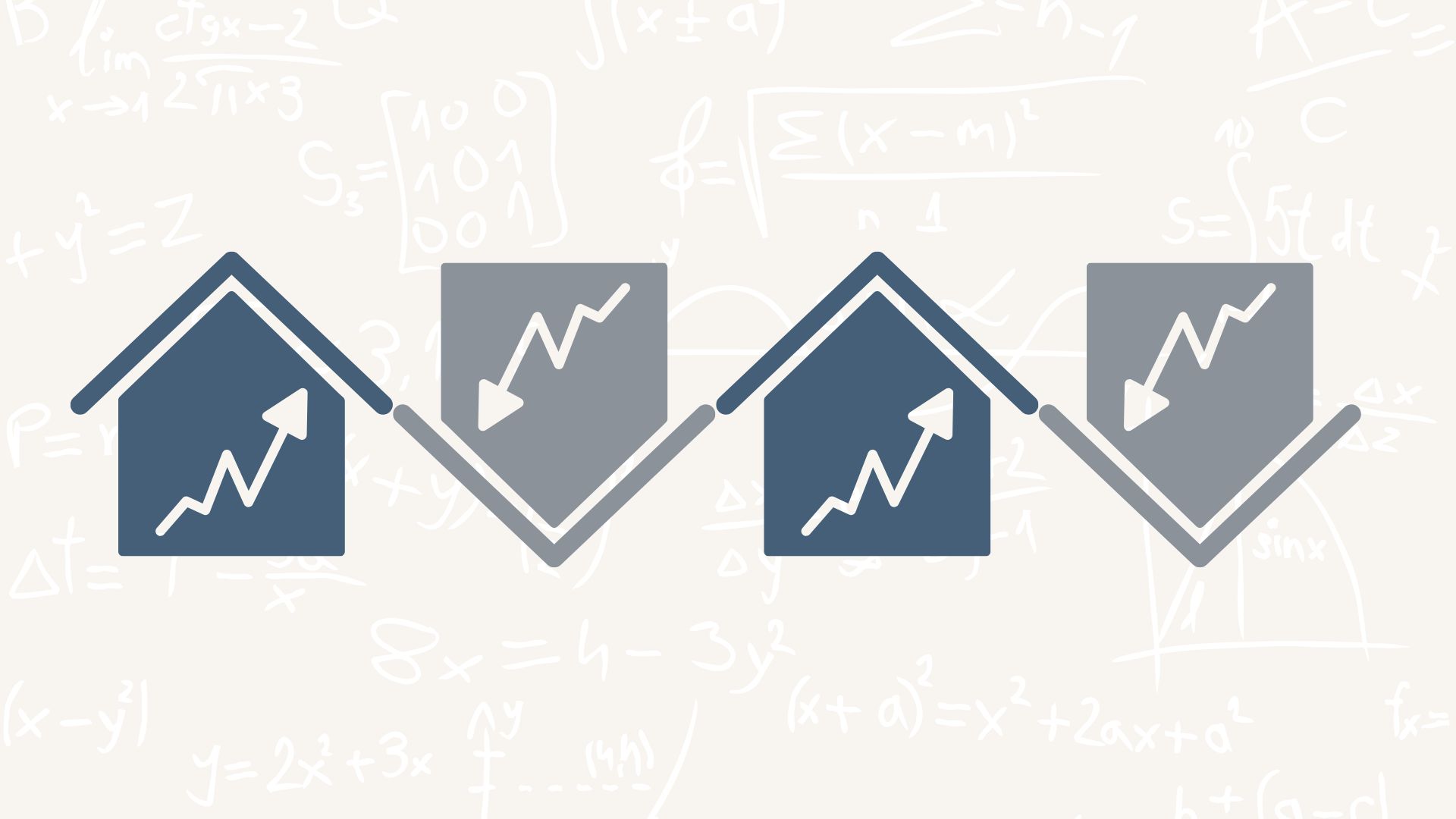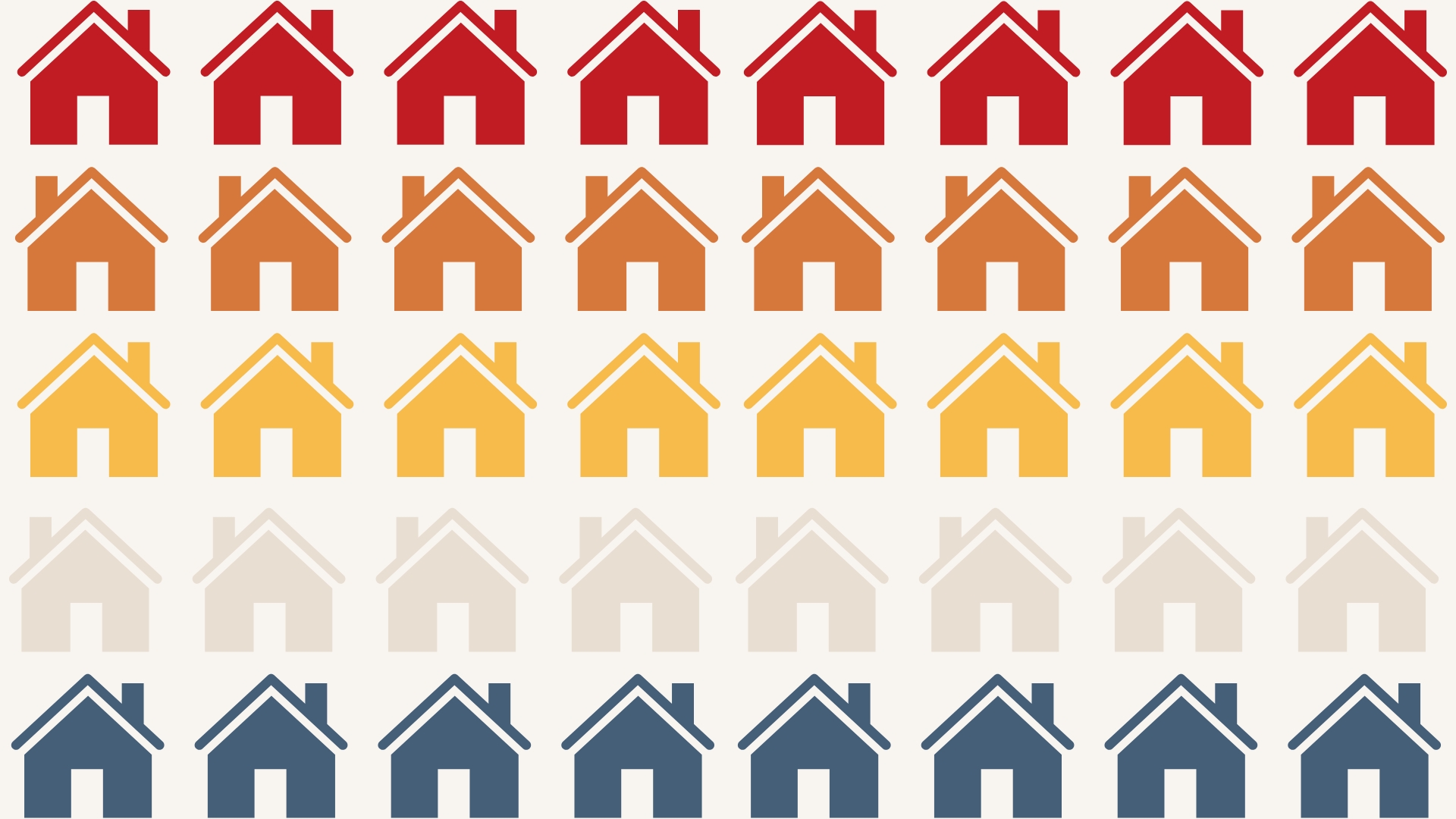“For money you wouldn’t need for more than 10 years, which ONE of the following do you think would be the best way to invest it—stocks, bonds, real estate, cash, gold/metals, or bitcoin/cryptocurrency?”
That question was recently asked of more than a thousand investors in a Bankrate survey, and the winner—by a large margin—was real estate. For every two respondents who answered stocks, there were more than three who said real estate is the way to go.
Are these investors onto something? Have financial planners been wrong all these years? For this column I mine the historical data for answers.
On the face of it, the respondents to the survey need to go back to their history books, as pointed out in a recent column by my colleague Catey Hill. Since 1890, U.S. real estate has produced an annualized return above inflation of just 0.4%, as judged by the Case-Shiller U.S. National Home Price Index and the consumer-price index. The S&P 500 (or its predecessor indexes) did far better, outpacing inflation at a 6.3% annualized rate (when including dividends).
Even long-term U.S. Treasury Bonds outperformed real estate, producing an annualized inflation-adjusted total return of 2.7%. Check out the chart pictured here.
If this were the end of the story, then this column could end here.
But it’s not the end. The stock and bond markets are currently so overvalued that it’s not only possible, but downright plausible, that real estate will do better than either of these asset classes over the next decade.
Maybe the investing public is smarter than we give them credit.
Let’s start by considering bonds’ prospects over the next decade. Currently the 10-year Treasury is yielding 2.1%, which is just 0.3 percentage points higher than the break-even 10-year inflation rate. (The break-even rate is the difference between the yields on the nominal and inflation-protected 10-year Treasury.) So the market’s best judgment right now is that your return above inflation over the next decade will be just 0.3% annualized.
And if inflation is worse than the market currently expects, bonds will do even worse.
Next let’s consider stocks’ prospects. Forecasting equity performance is much more difficult than in the case of bonds, given the far greater number of factors that can impact their returns. But you should know that, according to almost all standard valuation metrics, stocks currently are somewhere between overvalued and extremely overvalued. Furthermore, you cannot explain away this overvaluation because of low interest rates.
Given this overvaluation, it’s entirely possible that stocks will join bonds over the next decade in falling far short of their historical averages. How far short? By way of a possible answer, I refer you to the 10-year forecast compiled by Research Affiliates. They currently are projecting that the S&P 500 (including dividends) will produced an inflation-adjusted return of just 0.5% annualized over the next decade, and that long-term U.S. Treasury bonds will produce an inflation-adjusted return of minus 0.7%.
Or take the 7-year forecast from Boston-based GMO. They are projecting that the S&P 500 will produced an inflation-adjusted total return of minus 4.2% between now and 2026, with U.S. long-term Treasury bonds losing at a rate of 1.1% annualized.
These are just projections, of course, and other firms are more bullish than these two. But, at a minimum, these two firms’ forecasts suggest that the respondents to the Bankrate survey aren’t necessarily as ill-informed as might otherwise appear.
Real estate during stock bear markets

There’s one other factor that should be considered when deciding whether real estate or equities is the better bet for performance over the next decade: How will real estate perform during a major stock market decline? Given our all-too-fresh memories of real estate’s awful performance during the financial crisis, you may be avoiding real estate because it’s even riskier than stocks.
But real estate’s experience during the financial crisis appears to be the exception rather than the rule. In every other stock market bear market since the 1950s, the Case-Shiller Home Price Index rose in all but one. And in that lone bear market prior to 2007 in which the index did fall, it did so by just 0.4%. (I discussed real estate’s performance during stock bear markets in an article several years ago for Barron’s.)
Furthermore, you should know that the Case-Shiller index has been less volatile than the stock market—a lot less. As measured by the standard deviation of annual returns, in fact, the Case-Shiller index is only 40% as volatile as the overall stock market. Perceptions to the contrary that real estate is riskier than equities derive from the leverage we typically use when purchasing real estate. Note carefully that the risk comes from the leverage, not real estate inherently.
So if you were to believe there is a major stock bear market in the cards at some point in the next decade, you might choose real estate just because of its lower risk.




